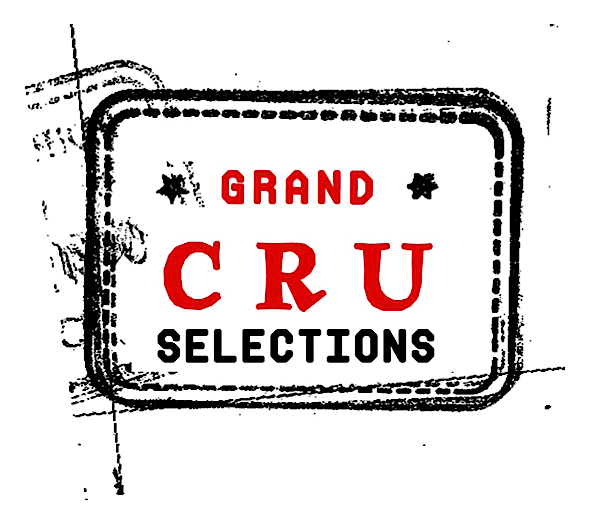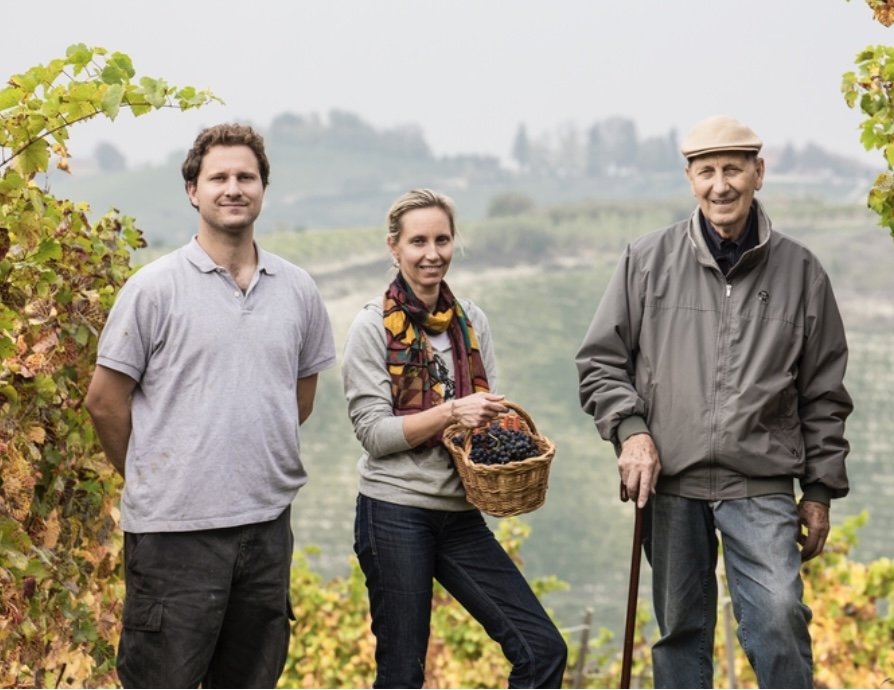Poderi Colla (new)
Poderi Colla
Barolo, Piedmont, Italy
Pietro, Frederica and Beppe Colla
Beppe Colla bought Prunotto in 1956 and was one of the first winemakers in the Langhe to focus on bottling single vineyard wines, inspired by his travels to Burgundy in the 1950s which taught him, above all else, to appreciate balance. He sold Prunotto in 1990, keeping plots of his favorite vineyards - Roncaglie and Bussia - which then became part of Poderi Colla, a project started by Beppe himself, his daughter Federica, and his brother Tino. Poderi Colla is the product of three hundred years of family experience guided by Beppe Colla’s vision.
-
The Colla family has been making wine in the Langhe since the beginning of the 18th century. Despite their long history, Poderi Colla is considered a relative newcomer to the region. It was founded in 1994 by Beppe, Tino and Federica whom each used their intimate understanding of vineyards throughout the region to purchase three specific estates: Dardi Le Rose, which forms part of the renowned Barolo Bussia cru in Monforte d’Alba; Tenuta Roncaglie, home to one of Barbaresco’s great crus; and Cascina Drago in Alba which turns out a legendary and effortlessly aging Dolcetto. To these symbolic areas of the Langhe they later added Bricco Bompè and Madonna di Como in Alba. All the wines produced at the estate today are single vineyard selections, and the unique products of a family’s journey through time and through the lands of the Langhe.
-
The Poderi Colla plots are undoubtedly among the most prestigious of the Langhe, varying in expositions and soil types across the various crus. Dardi Le Rose is Bussia at it’s finest expression, with soils rich in clay and a southwest exposition that guarantees aging potential. Roncaglie in Barbaresco is a prestigious cru: a remarkably steep hill that rises like an amphitheater with south-southwest facing vineyards that lie on calcareous marl and sand. Cascina Drago in Alba lies in the heart of the Langhe appellation with parcels planted to Barbera, Nebbiolo, Dolcetto and even Burgundian clones of Pinot Noir, each with particular microclimates that tend to lend uncharacteristic complexity and structure.
-
The health of the vineyards means the health of those who cultivate it and the health of those who will drink these wines.
This is the motto at Poderi Colla, where the objective has always been to have a minimal impact on the surrounding land and a maximum purity in the final product. Though the Colla family does not have organic or biodynamic certifications, they work the land in the best way for the environment using limited treatments (and all organic, when used) preferring to use canopy management and green manure to regulate during the growing season. All work in the vineyards is manual.
-
There are few believed to be more traditional than Poderi Colla, thanks to Beppe’s lasting imprint that always maintained a respect for the past while always open to improvement. They macerate their wines for a couple of weeks during fermentation, followed by aging in large old botti: Barolo for 24 months and Barbaresco for 14. Beppe tended to gravitate towards “less is more” in terms of extraction; his attention was always in the vineyard and despite a true lack of forecasting back in the day, he preferred picking late to ensure for optimal ripeness in order not to use lengthy macerations and fermentations to polymerize tannins, because none of the grapes would be green. In a sense, his approach was progressive for the times, and Beppe was among the winemakers who helped better define a voice for the terroirs and a name for dry Nebbiolo.

